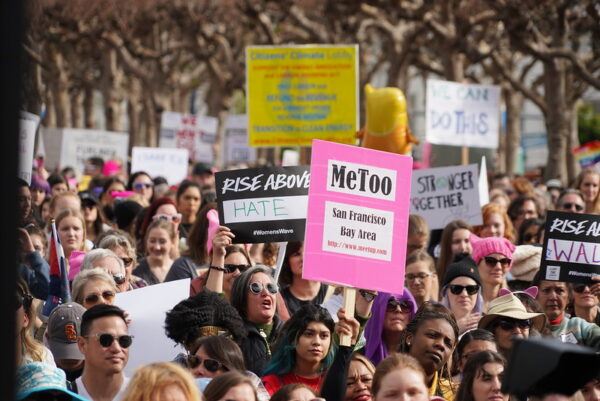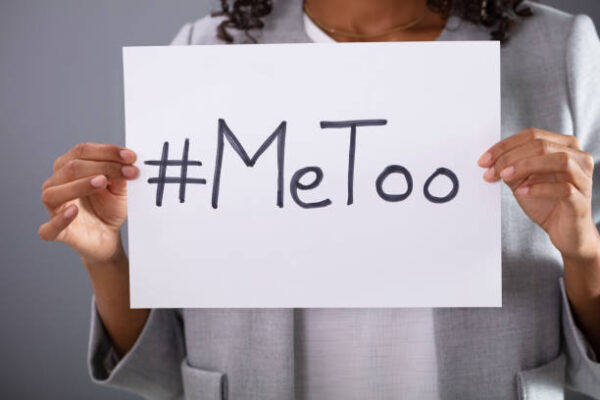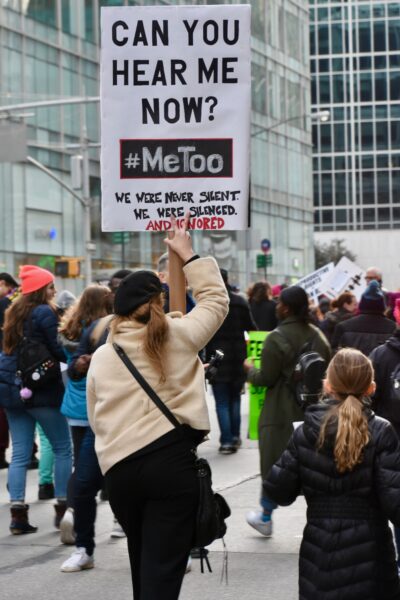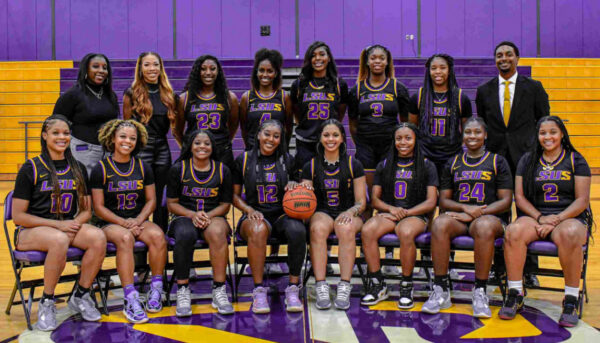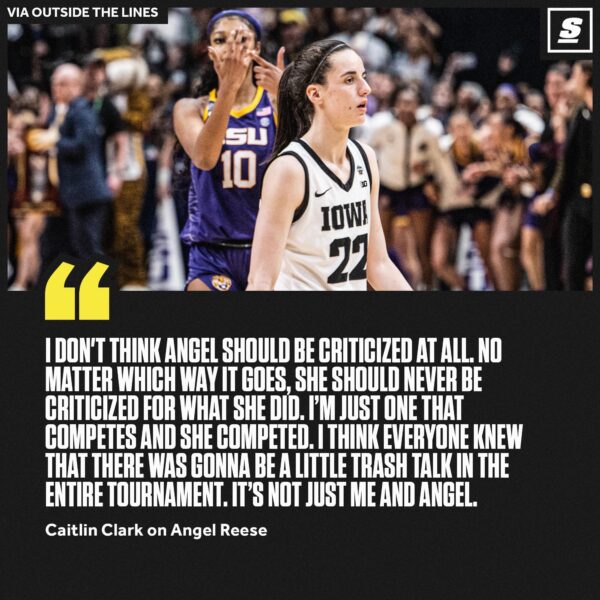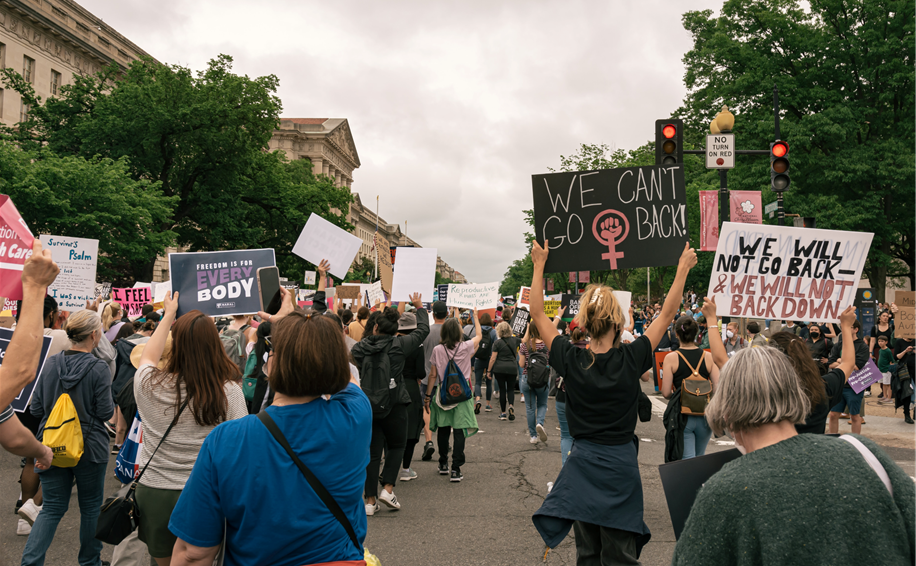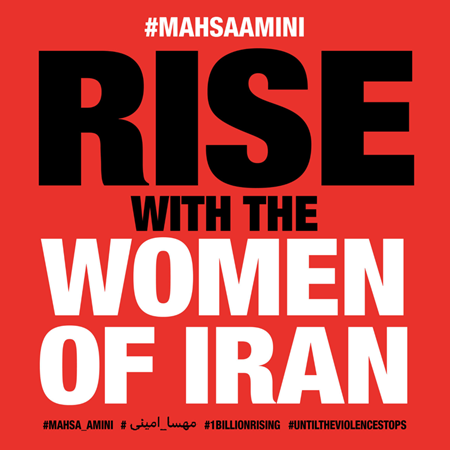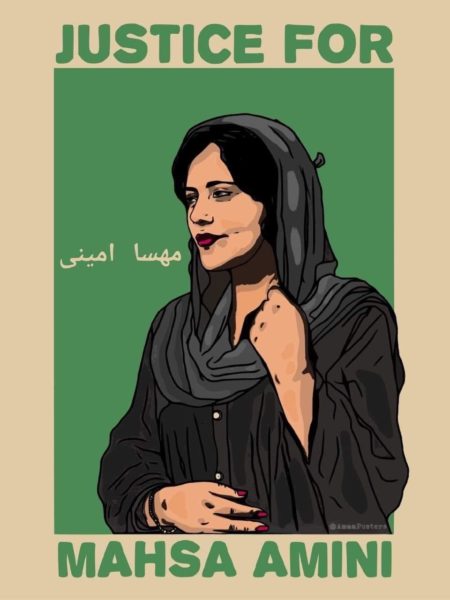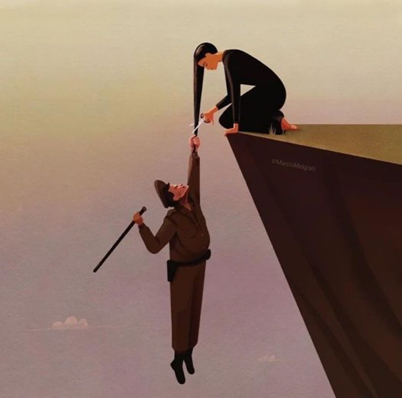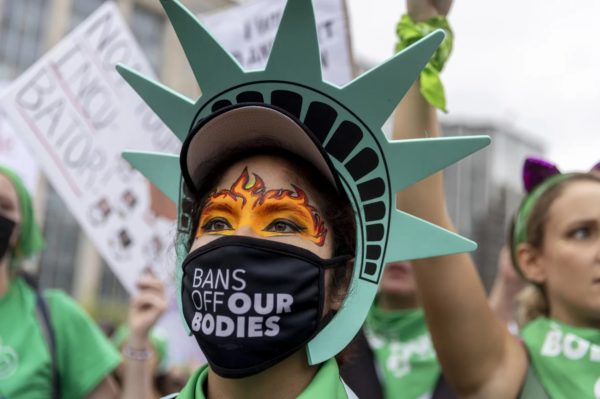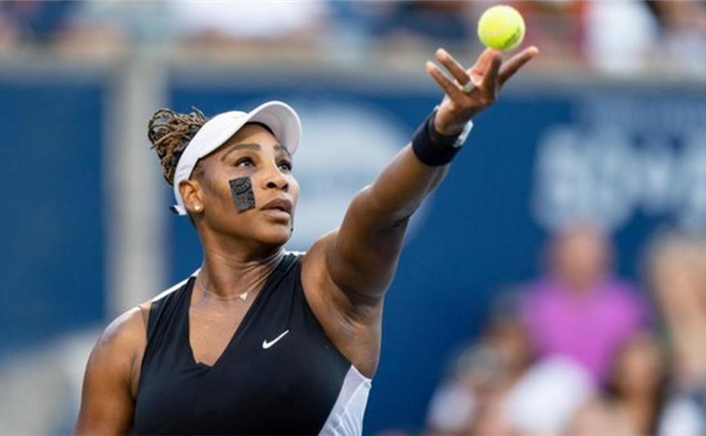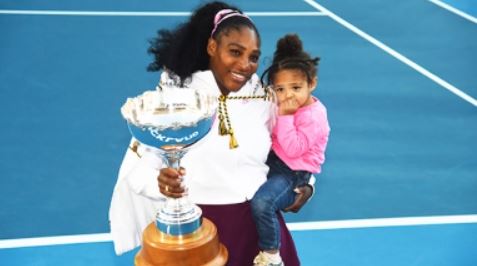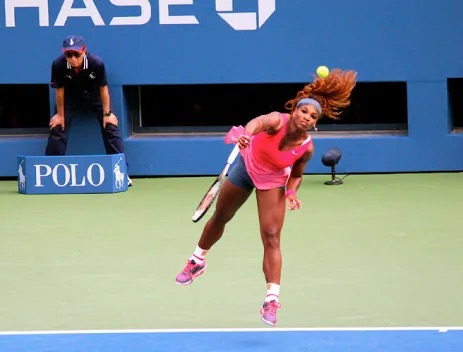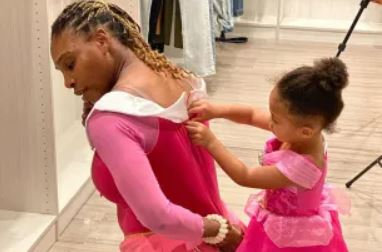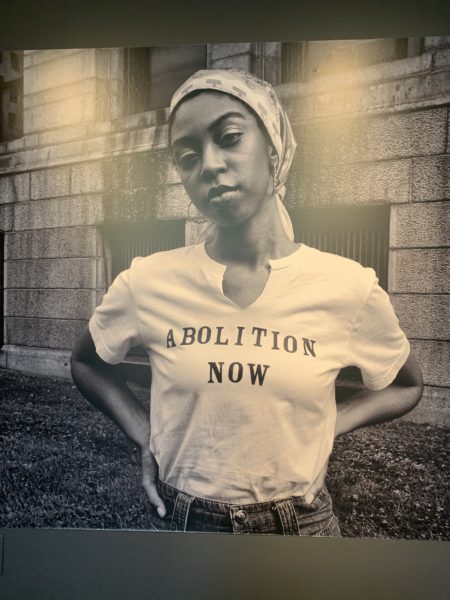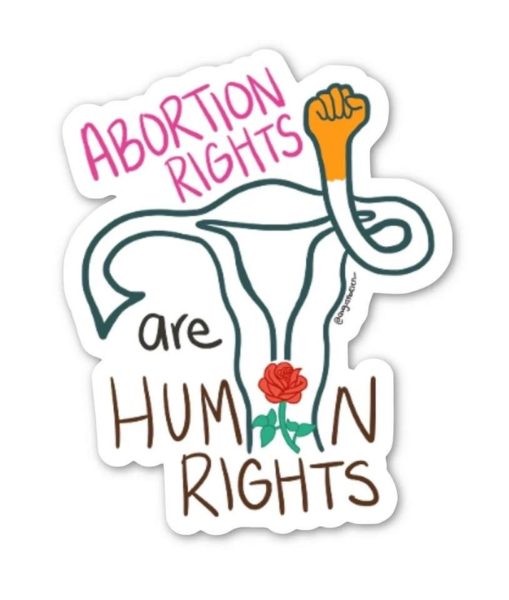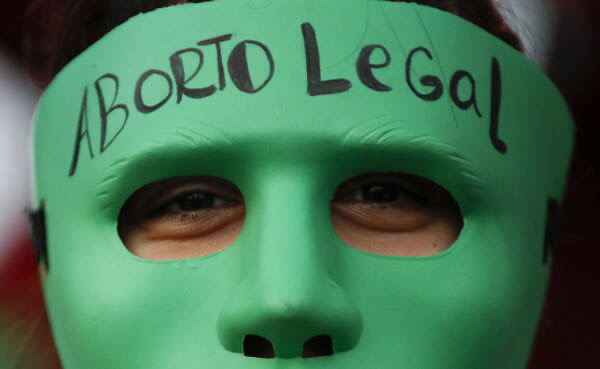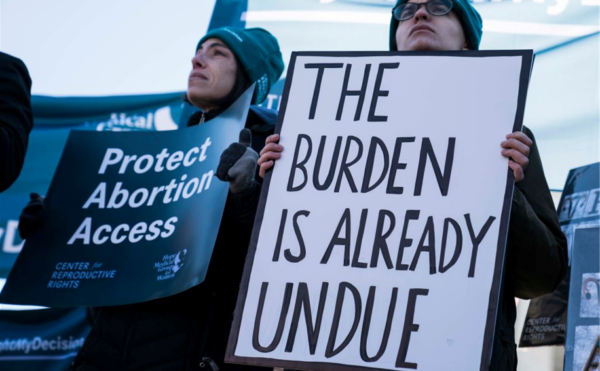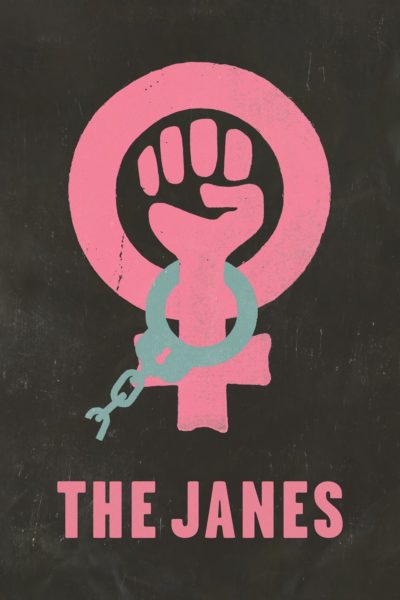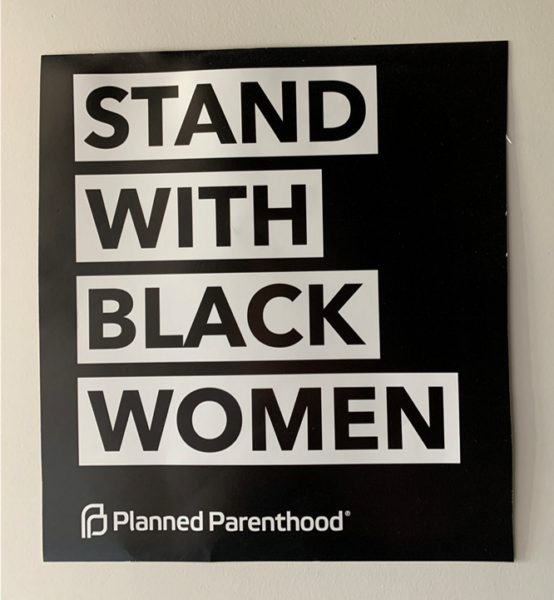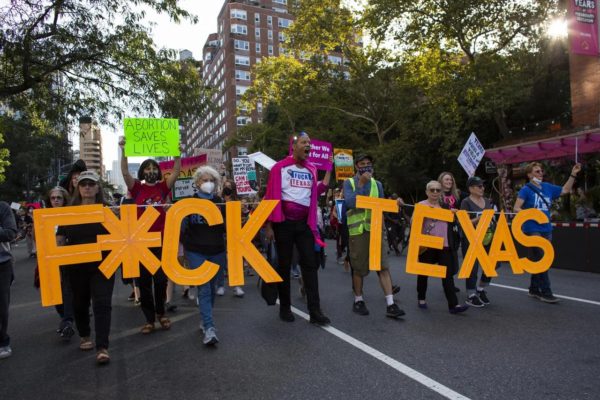Elitism and the Rest of Us as the New Semester Begins
This week, most college and university campuses will open across the country. The ghastly war in Gaza continues and the U.S. has become more involved as it bombs Yemen. So, I am thinking about how unsettled the surround is as higher education institutions begin a new semester.
The movement in support of Palestinian freedom and self-determination grows around the world and here in the U.S. And this mobilized awareness and activism should be understood as an enlargement of democracy, not as acts of antisemitism. Yet, in these changeable times, anything is contested.
The government hearings on education are a public mobilization of right-wing interests to curtail and stymie any further democratization of our universities along sexual, racial, and gender lines. And much that happens at elite universities defends a status quo of established systems of power and privilege. It is why they are depicted as elite.
The mainstream media often obfuscates and misrepresents events in the hopes, conscious or not, to mystify, maintain and ameliorate crisis. And the serious crises of the climate, and now Gaza, are hardly new. They have been in process for decades as global capitalism displays new excesses. But then COVID, and now the brutality in Gaza, has further uncovered these instabilities. So my narrative is not linear and it is tentative.
I know that Black women, who give so much to the creative leadership of our communities, families, and voting practices since slavery — and often much more than white women, who gave us Donald Trump — get the least recognition, lowest pay, and hardest lives. And as many Black feminists have written in defense of Dr. Claudine Gay: Black women, no matter how extraordinary, are never enough. And this is true.
But there is also more to this story. Dr. Gay stumbled at the Congressional hearings on Education and the Workforce about antisemitism on college campuses. She was trolled and did not speak truth to power. She was caught in the conundrum of elitism.

The closer you are to power systems and their privilege, the more elite the school is considered. Elite institutions are considered such because they protect the power systems of white privilege, misogyny, ableism, etc. The fact that there is more pluralism today reflects reforms that were necessitated by protest movements like the civil rights and women’s liberation and gay movements. The neoliberal and right-wing assault against these gains is proof that these changes have become destabilizing for established elites.
I am the daughter of a father who was hounded out of one university after the next during the McCarthy era. He never received tenure. He was too challenging — completely dedicated to an anti-racist America. And he taught me early on: you will never be celebrated in whatever institution you work in for ideas that challenge the status quo.
Woke rhetoric be damned. Our universities are not diverse enough, although they are more so than when I started my Ph.D. and my career in the early 1970’s. For a bit of historical perspective, when I was a graduate student in political science, I was one of two female students. There were no women on the faculty where I studied. When I interviewed for a job at Yale University after completing my Ph.D., the job was still offered to a white male without his Ph.D. completed. I interviewed at 15 schools that year, and received two offers.
Maybe before I say anything else I should remind everyone that the Supreme Court that destroyed abortion rights for women all come from Harvard and Yale. Remember this.
Almost all recent U.S. presidents — none of whom have been able to figure out how to live in a multi-polar global capitalist world peacefully — came from these elite institutions. Did any of you wonder how George Bush got into Yale in the first place?
So let me start my conversation about elitism, diversity, and inclusion a bit differently. Elitism is defined by power and its economic privilege, not intelligence. Elite schools groom the ruling and political class. Of course, these schools educate and train others, but these people are not what make these schools elite.
For me, intelligence is defined and enabled by curiosity — and curiosity requires courage. You cannot be frightened of what you might find, so you must be free to ask anything and be open to the answer. And in this moment when all systems are in flux, I need to freely wonder what should come next and not assume the answers are already known.We also now live in a time when there is no middle ground, and there are sometimes more than two sides, and the sides are never equal. Our country is described as divided, but I think divides make one think of two sides. Instead, we are fractured. Trumpists are a minority. They are organized and noisy, so it seems like they are half of us, but they are not.
Neither people nor ideas are treated as fully equal, even if sometimes they are free to roam. As such, when the three women university presidents were interrogated at the Congressional hearings by Elise Stefanik, who was educated at Harvard, the deck was stacked and already poisoned.
An interesting fact is that the three presidents of these elite schools are women. It is significant to ask, why women? I wrote in my book “Global Obscenities,” which was about the takeover and ruin by global capital of all our structural institutions, that women would finally be allowed into the higher ranks of these crumbling institutions.
When Claudine Gay became a sacrificial lamb for the radical right there was no one ready to rescue her. And yes, much has changed, and progress has been made. And yet, Claudine Gay did not have a chance once the battle began to remove her because no one chose to fight against the power that they already were embedded in. Instead, charges of plagiarism took over.

I think that plagiarism is problematic. It is about taking for yourself what others have helped you be able to do and think about. Citations are a way of saying that others have helped me think, and although I am putting together the ideas for myself, this is not a lone process. So, I think recognition of others is always important. But also, ideas are not property.
However, to use this challenge for your own dirty agenda of cleansing the academy of people and ideas that are not seen as sufficiently white supremacist and misogynist is inexcusable. And Claudine Gay should have known who she was dealing with. She had landed in an impossible place and needed to speak truth to power, as Foucault might say. And she did not.
I was a professor for over 40 years at a non-elite college in upstate New York, and I was always teaching my students how to interrogate their thinking. Just this last month many of them wrote to me when Henry Kissinger died, and they reminded me of studying the coup in Chile and his dirty tricks. They wanted me to know that they remembered. I love this.
There are fabulous professors and students across this country, working hard at non-elite institutions creating the kind of people and citizens that a really democratic country needs. These people are not afraid to learn the truth about power and corruption and deceit.
So I want to speak up for the thousands of professors across the U.S. who are brilliant, hard-working, underpaid, and who are also becoming the new proletariat. This is happening to our doctors, nurses, and lawyers as well in this changing world.
This phase of global capital has many unknowns. We have no idea who the new professionals or elite will be, but it is not us. So be careful that you are thinking bravely and courageously, because this is not just about the elite schools or Claudine Gay. This is about all of us.
And all of us includes Gaza and Palestinians and Yeminis and the entire globe. As I said, you better be ready to be brave and think and decide which side are you on, and which side do you need to be on to save the planet. Bombs will obliterate us all.

Smart, intelligent, brilliant people exist everywhere amidst everyone. The fact that this possibility does not appear more often is because of the structural injustices that inhibit this. When we look today at what is going on, remember that used to be if you were white and male and wealthy you were treated as having merit. You did not have to prove that you did.
So many white men and their cohorts are angry. Just think Trump here. Today, if you are of color, and not male, you have the chance to compete, and even sometimes win the race, or keep your spot after you have won. Why? This is what the last vestiges of a crumbling regime look like. Of course, this is a bit scary. No one knows exactly what the next stage of this country or planet will look like.
But the next steps must take us to a ceasefire in Gaza and a lasting peace for Palestinians. As our campuses open again let students and faculties demand this peace without being charged with antisemitism. Instead, let us recognize that when Palestine is finally free, we all are free. And this will require a full democracy here at home, that demands a new de-militarized world working for peace and justice for us all.
When times are changing that is exactly when we must find the hope and determination to be the change.




